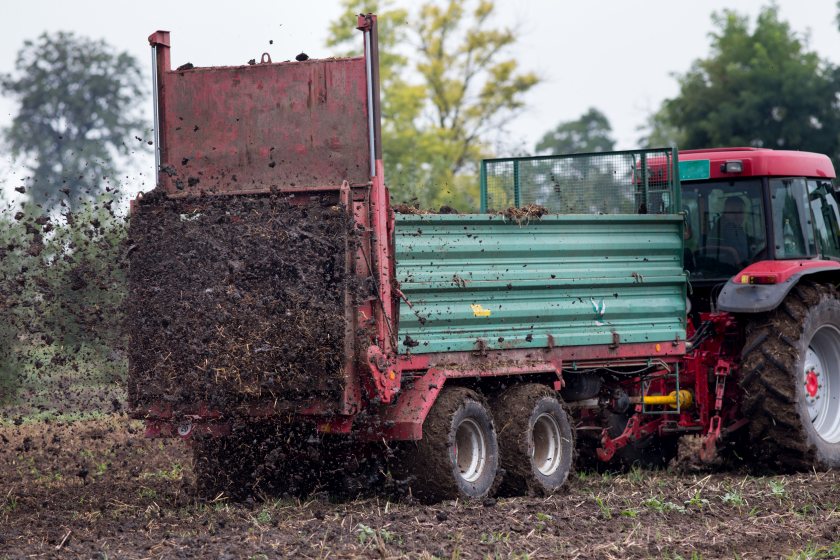
The Ulster Farmers’ Union (UFU) has strongly criticised new proposals in the Nutrient Action Programme (NAP), warning that the measures could have "devastating consequences" for farmers.
Under the draft changes made by the Department of Agriculture (DAERA), approximately 3,500 farms would be required to comply with stringent new phosphorus limits.
For many, this would necessitate acquiring additional land for slurry spreading or reducing livestock numbers — a move the UFU has branded a “backdoor attempt” to force herd reductions.
UFU deputy president John McLenaghan expressed deep concern over the modelling used to inform the proposals, which come into effect January 2026.
“We’re being blamed based on percentage phosphorus figures that aren’t even properly measured – they’re modelled by computers," he said.
"These models are only as good as the data they’re given, and this data, the accuracy of which is a concern, is now being used to hammer our farmers."
The phosphorus limits are just one aspect of a broader suite of proposed changes within the NAP consultation.
The UFU is currently assessing the full economic impact, but Mr McLenaghan warned that “the outlook is grim.”
He pointed to historical EU negotiations in 2005, where proposals for individual farm phosphorus balances were ultimately dropped following meaningful discussions.
“Over the following 20 years, Northern Ireland farmers have significantly reduced phosphorus balances and at the same time, increased agricultural production,” he said.
“These new proposals from DAERA could have devastating consequences for family farms and the wider agri-food economy.”
The new phosphorus limits are set to affect 3,500 farms, forcing many farmers to either acquire more land for slurry spreading or reduce their livestock numbers.
In addition, the requirement for all farms to adopt Low Emission Slurry Spreading Equipment (LESSE) by 2030 presents a major financial burden, particularly for small beef and sheep farms that may be unable to meet the costs.
Furthermore, it is feared the introduction of compulsory uncultivated buffer strips on arable and horticultural farms will add further red tape while reducing the amount of land available for productive use.
The UFU voiced its opposition at a recent DAERA stakeholder meeting, warning that the proposals unfairly place the burden of environmental responsibility solely on farmers.
“Other sectors are part of the problem too, yet farming is the only sector being landed with this type of draconian legislation," said Mr McLenaghan.
He also criticised what he described as a lack of genuine consultation, saying that both the scope and timing of the proposals came as a surprise to stakeholders.
“Unlike previous NAP consultations, there’s been a lack of engagement with the industry prior to the consultation being released.
"Many of the measures and timelines that have been proposed have come as a surprise to the UFU and our members,” he said.
